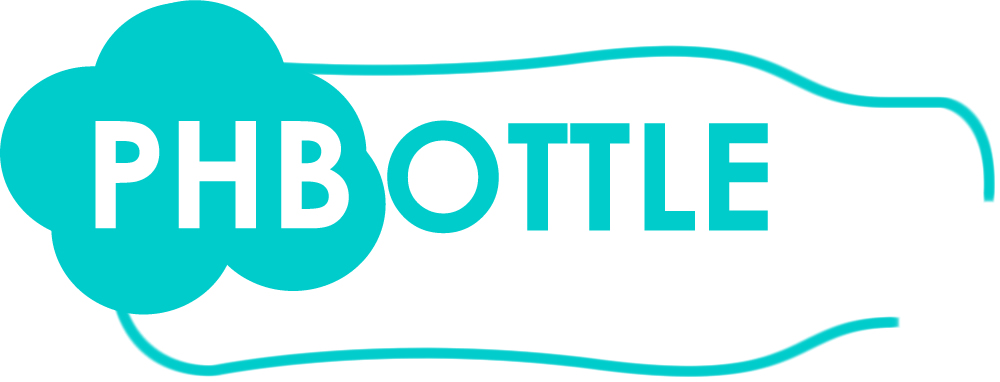Using juice wastewater to make biodegradable bottles

Biodegradable bottles made from juice wastewater are the goals of the the EU-funded PHBOTTLE project, due to end this month.
The manufacturing process envisaged would tap into growing consumer demand for environmentally friendly products and could save industry millions in production costs, according to an article published on a European Commission Research & Innovation website.
The bottles would be made of a bioplastic obtained by the fermentation of the sugar-rich fruit juices in production waste.
In the early stages of the project, the researchers demonstrated how a bioreactor could be used to convert the sugars from juice wastewater into polyhydroxybutyrate (PHB), a type of biopolymer (an organic compound). PHB is moisture and vapour resistant, won’t dissolve on contact with water, has see-through properties and offers good protection against oxygen.
The researchers also developed a process to strengthen the PHB with cellulose extracted from crop waste, and added an encapsulated antioxidant to increase the shelf-life of the bottle’s contents. Another advantage is that packagers would not have to buy any major new equipment to make the bottle, a factor the project hopes will encourage them to make the switch.
“Food packaging is one of the most visible sources of waste, with over 67 million tons generated in the EU every year. Cutting down this waste would mean reduced energy use and carbon dioxide emissions, as well as less waste treatment costs,” the article said.

Image source: http://www.phbottle.eu/documentos/poster.zip
Article sources:
A fruit juice bottle made from juice wastewater: http://ec.europa.eu/programmes/horizon2020/en/news/fruit-juice-bottle-made-juice-wastewater
Squeezing every drop of efficiency from juice processing: http://ec.europa.eu/research/infocentre/article_en.cfm?artid=31676
PHBOTTLE: http://www.phbottle.eu/
